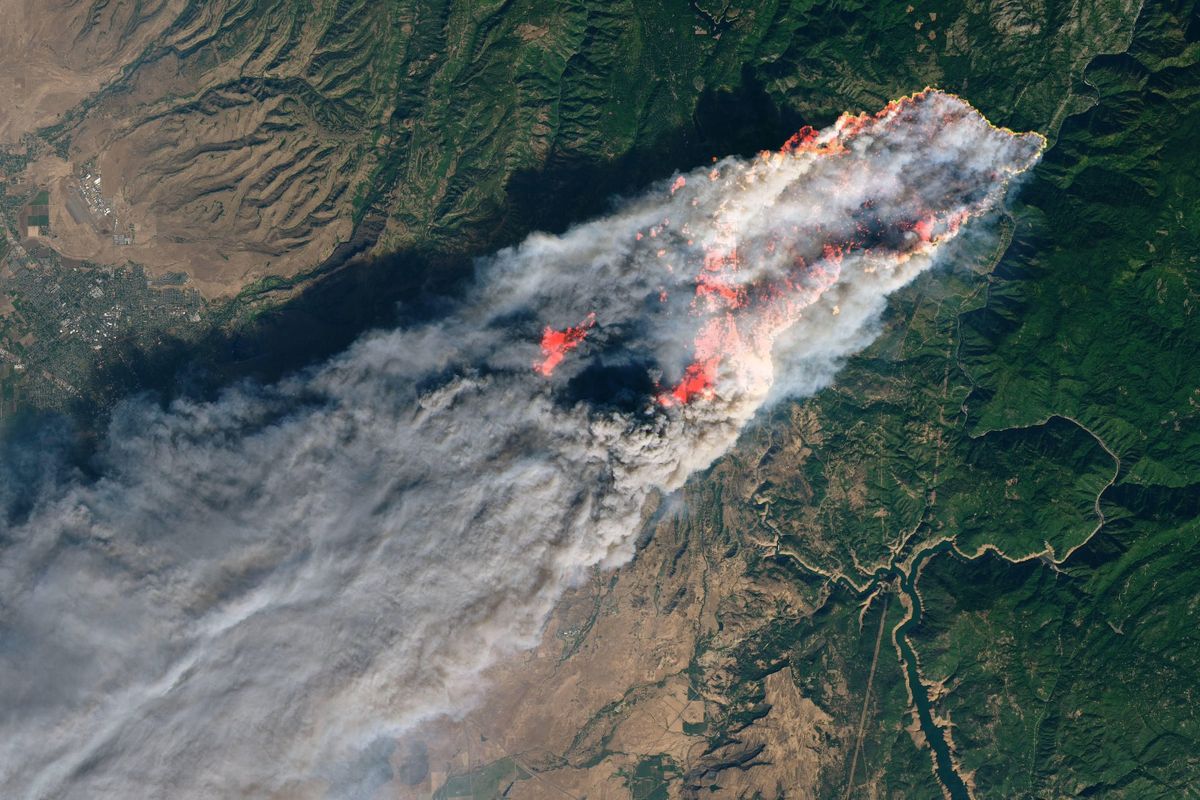You would be in the very small minority. Add a single family to the carbon based population of a first world country and all your carbon neutral contributions are offset right there. Not that what your doing is meaningless ,i think its great, but will it change the climate equation very little IMO. As far as saving money on energy your approach is top notch. But unless its adopted by large numbers of people in first world countries, may not solve the problem.
I don't see why this approach cannot be adopted by large numbers of people in first world countries. Two months ago, I took delivery of my e-Golf (BEV), and parked my fossil fueled VW (which I last refueled in August prior to hurricane Dorian). In two months, I've driven the old 40+mpg VW less than 5 times and consumed less than 4 gallons of fossil fuel since it was last refueled. Our house is 100% electric. Our 4.4kW PV array only generated about 50% of our electric needs before the BEV came into the picture. The 4.4kW takes up my entire second floor, south facing roof face. Adding another 5.5kW ground mount PV array to our current 4.4kW roof mounted array is "in the works". By "in the works", I mean: the panels and inverters are in the garage, I need a ground mounting system and permit documents to make legal generation occur. At that point, the wife's 40mpg vehicle becomes the "main carbon source" at our home, but we have a carbon capture setup in place for that. My wife and I have 40+ acres of managed forested property. According to tenmilliontrees.org: "A mature tree absorbs carbon dioxide at a rate of 48 pounds per year. In one year, an acre of forest can absorb twice the CO2 produced by the average car's annual mileage."
A walk in the woods is incredible therapy for many of the issues discussed in this thread.





![[Hearth.com] Have we reached a tipping point? [Hearth.com] Have we reached a tipping point?](https://www.hearth.com/talk/data/attachments/250/250642-cadf55c9ae0183087881fad484de96e8.jpg?hash=ORlbt1Ji5O)
